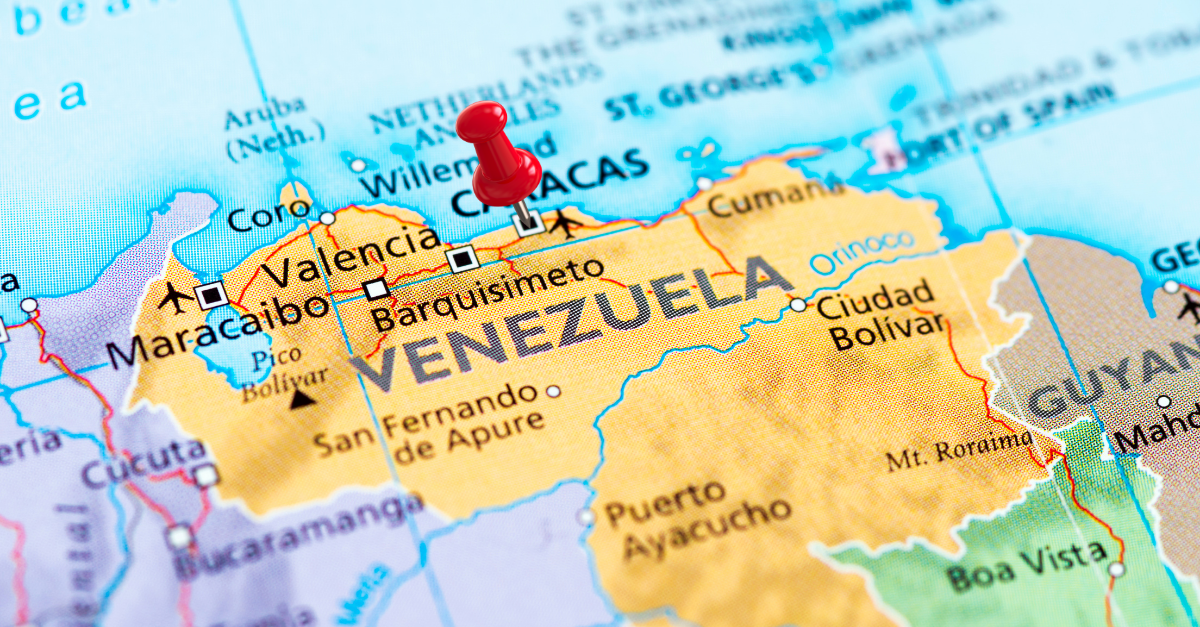It appears the SPAC train is starting to sputter.
After nearly two years of having the proverbial “hot-hand” in the financial world — so much so that almost every big-time investment institution, and even smaller ones, tried to start their own SPAC — it seems that the SPAC buzz has started to cool.
And while SPAC IPOS, as well as mergers, are still happening — 13 SPAC mergers have been announced in just the last 3 weeks, alone — a good indicator of this slowing fad can be seen in the share redemption rates. Share redemptions allow original SPAC investors to recoup their whole investments all the way up to the point of when a transaction has closed, with most redemptions coming between the time a deal is announced and when the deal is closed. If an investor doesn’t like the company that his SPAC has decided to merge with, he can redeem all of his shares.
According to SPAC Research/SPAC Alpha, from January 2021 to June 2021, redemption rates for SPACs never climbed above 43%. From July to November, over the proceeding four months, SPACs had an average redemption rate hovering around 60%. During the first month of 2022, the average rate of redemptions has jumped to over 70%.
These redemption rates can be the result of several factors, but most significantly they show that the craze has slowed down. The returns that investors are seeing have been less than desirable, leading to many investors pulling the plug before they get a chance to lose their money.
Get the latest news & insights from MarketVector
Get the newsletterRelated:




